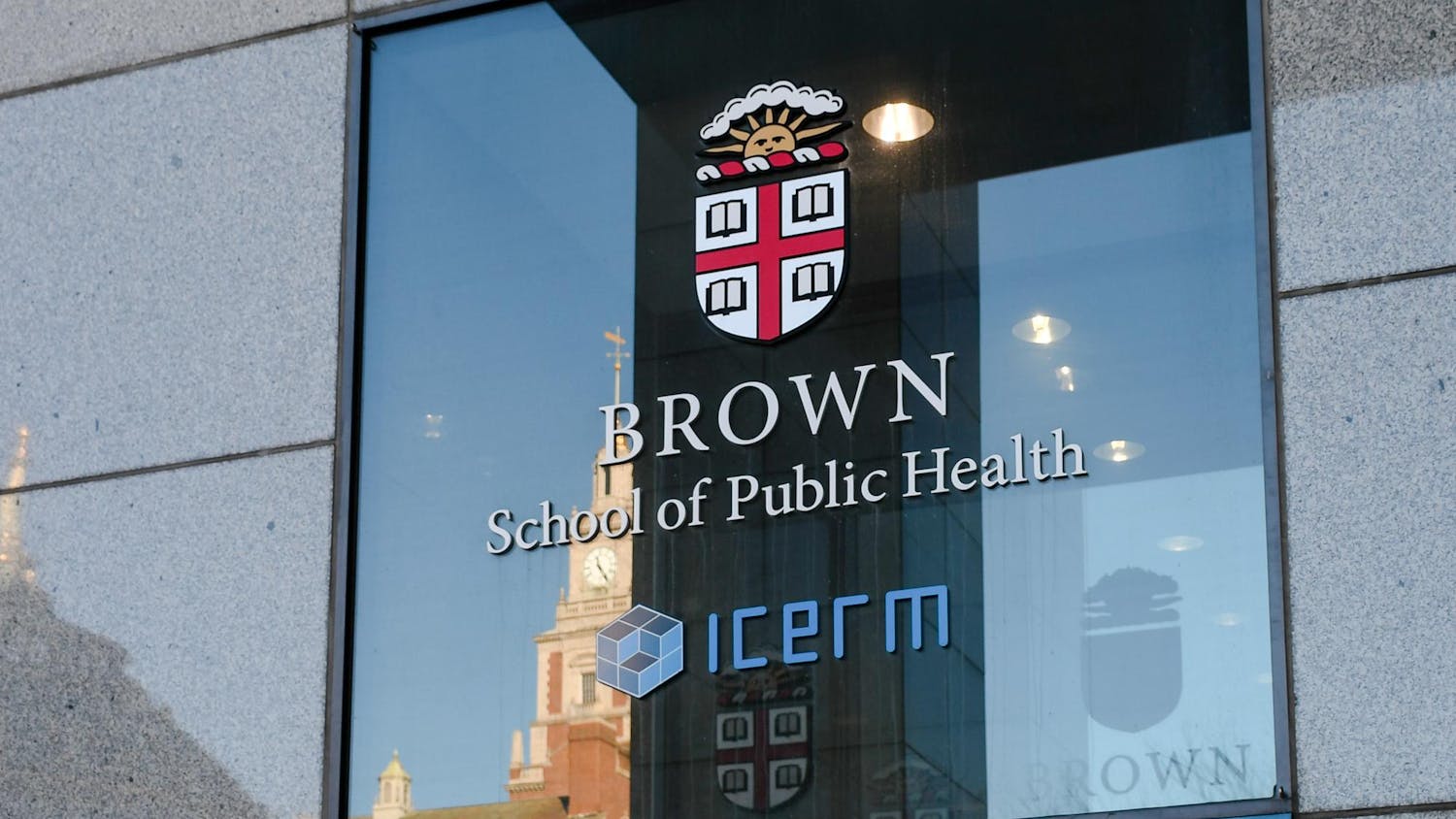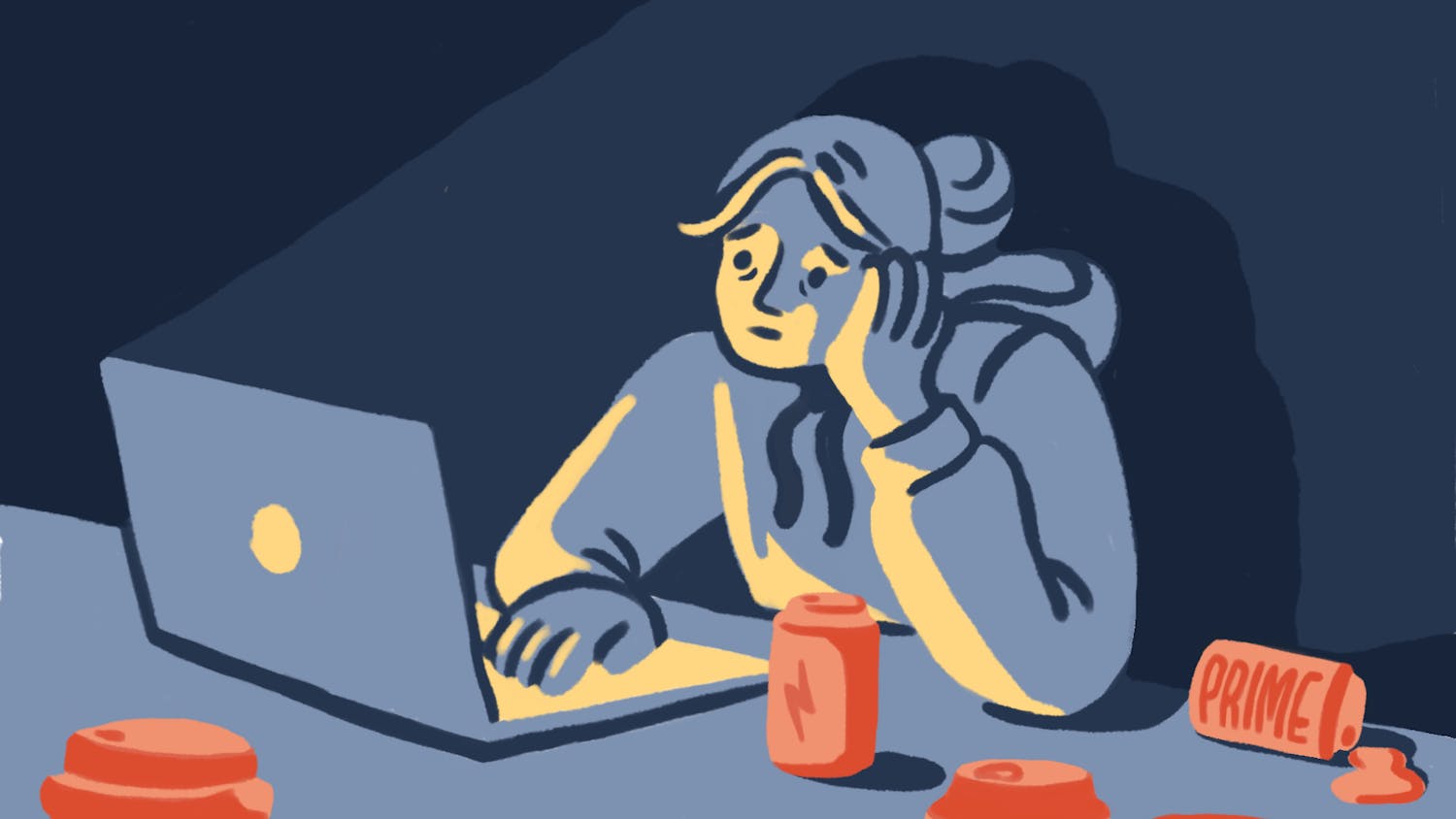Under the sea
By examining layers of sediment from deep under the ocean floor, a research expedition led by a University professor aims to reconstruct more than 15 million years of monsoon history, according to a University press release. Steven Clemens, associate professor of earth, environmental and planetary sciences, returned this semester from a two-month voyage in the Indian Ocean, during which researchers collected core samples of sediment that will be analyzed for hints of past climate change. The team is particularly interested in the monsoon history of the Indian Ocean.
To collect the core samples from the ocean floor, the mission used a converted oil-drilling vessel named The Resolution that drills holes several kilometers deep. Analyzing these samples could provide clues about future climate change, according to the press release. By correlating rainfall with other environmental factors — such as greenhouse gases and glacial ice — the researchers hope predictive patterns will emerge.
Though the collection process is complete, core analysis will continue for several years, according to the press release. Due to the sheer magnitude of data collected, the team will convene again in 2017 to discuss the expedition’s results.
Digging deep
A University archaeologist is part of a Guatemalan dig that was awarded a $20,000 grant from National Geographic, according to a University press release. Professor of Anthropology Stephen Houston is the principal investigator on the project, which aims to examine the Mayan ruins in the city of El Zotz, where researchers believe the tomb of an ancient queen may lie,.
The dig previously unearthed a temple and a pyramid, which were believed to honor the Mayan sun god. More recently, the team found a new tomb that may contain the remains of an ancient Mayan queen. The project — which has been ongoing for several years — will now focus on fully unearthing and examining the tomb.
The project could prove especially useful for better understanding women’s role in Mayan culture, according to the press release. This particular Mayan community may have been ruled by a “stranger king” who married a local woman to prove his dominance, Houston said in the press release. The archaeological dig marks a joint effort among researchers at Brown, the University of Southern California and The University of Texas at Austin.
Meals on wheels
The benefits of home-delivered meals to seniors may extend beyond nutritional value, according to a recent study by University researchers. Led by Kali Thomas, assistant professor of health services, policy and practice, the study examines the physical and mental impact of the Meals on Wheels program on senior residents, according to a University press release.
The study’s results indicate that elderly people who received meals at their homes felt less isolated, less lonely and less concerned about remaining in their homes. Senior citizens who lived alone saw the greatest benefits, presumably because of the increase in face-to-face interaction, according to the study. Meal recipients also experienced fewer falls and hospitalizations, since they left their homes less frequently.
Thomas said in the press release she used to work as a delivery driver for Meals on Wheels and was not surprised by the positive impact of home-received meals. “My granny, who lived to be 98 years old while still independent in her home, was grateful for the meals and enjoyed the visits with her meals delivery person,” she said.




